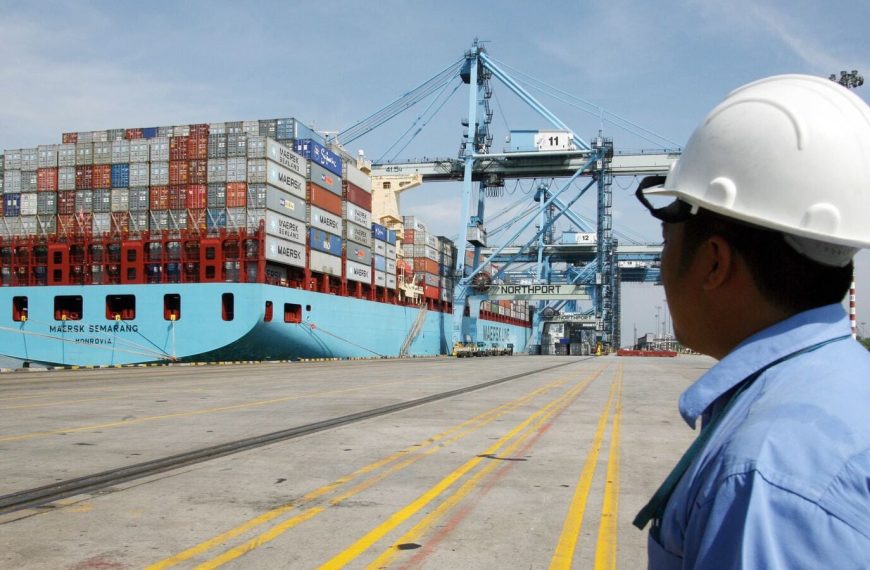The Cabinet has taken a significant step forward by approving a draft law concerning financing and liquidity. This important legislation, which pertains to public debt, was introduced during a recent meeting led by Finance Minister Noura Al-Fassam. While specific details remain undisclosed, the proposed law has now been sent to Emir Sheikh Mishaal Al-Ahmed Al-Sabah for final approval.
Importance of the New Public Debt Law
The introduction of this long-awaited decree has sparked a mix of optimism and caution among experts. Bader Al Saif, an assistant professor at Kuwait University and an associate fellow at Chatham House, expressed a sense of relief, stating, “Better late than never.” He emphasized that Kuwait possesses immense potential, but without immediate and decisive actions, that potential could quickly fade away.
-
Kuwait’s Challenges: The absence of a public debt law has hampered the government’s ability to borrow funds, forcing reliance on the General Reserve Fund. This has created significant hurdles for economic development.
- Funding Development Projects: With this new law, Kuwait aims to access international markets to finance critical development initiatives and address its fiscal deficit.
Kuwait’s Economic Landscape
Kuwait stands as a major ally of the United States in the Middle East, known for its status as one of the largest oil exporters globally. The nation boasts a sovereign wealth fund valued at approximately $1 trillion. The last time Kuwait issued bonds was in March 2017, when it secured an $8 billion deal shortly before the previous debt law lapsed.
In May, the Emir made a bold move by suspending parliament for four years, paving the way for the ruling Al-Sabah family to push through critical legislation without the usual bureaucratic delays. This action effectively transformed the political landscape, eliminating some of the challenges posed by Kuwait’s only elected parliament within the Gulf Cooperation Council.
Overcoming Political Hurdles
Kuwait has faced persistent political dysfunction that has hindered development, discouraged foreign investment, and complicated fiscal reforms. However, the anticipated public debt law is expected to change that. Once enacted, it will enable the country to issue both conventional bonds and Islamic Sukuk, allowing for more flexible financing options.
- Strategic Communication: Al-Saif noted that Kuwait is not only making timely decisions but also communicating these strategies effectively to showcase that “Kuwait is back” on the global stage.
This proactive approach to governance may signal a new era for Kuwait, as it seeks to diversify its economy and attract foreign investment. The nation stands at a pivotal moment, and the passage of this public debt bill could be a defining factor in its economic revitalization.











